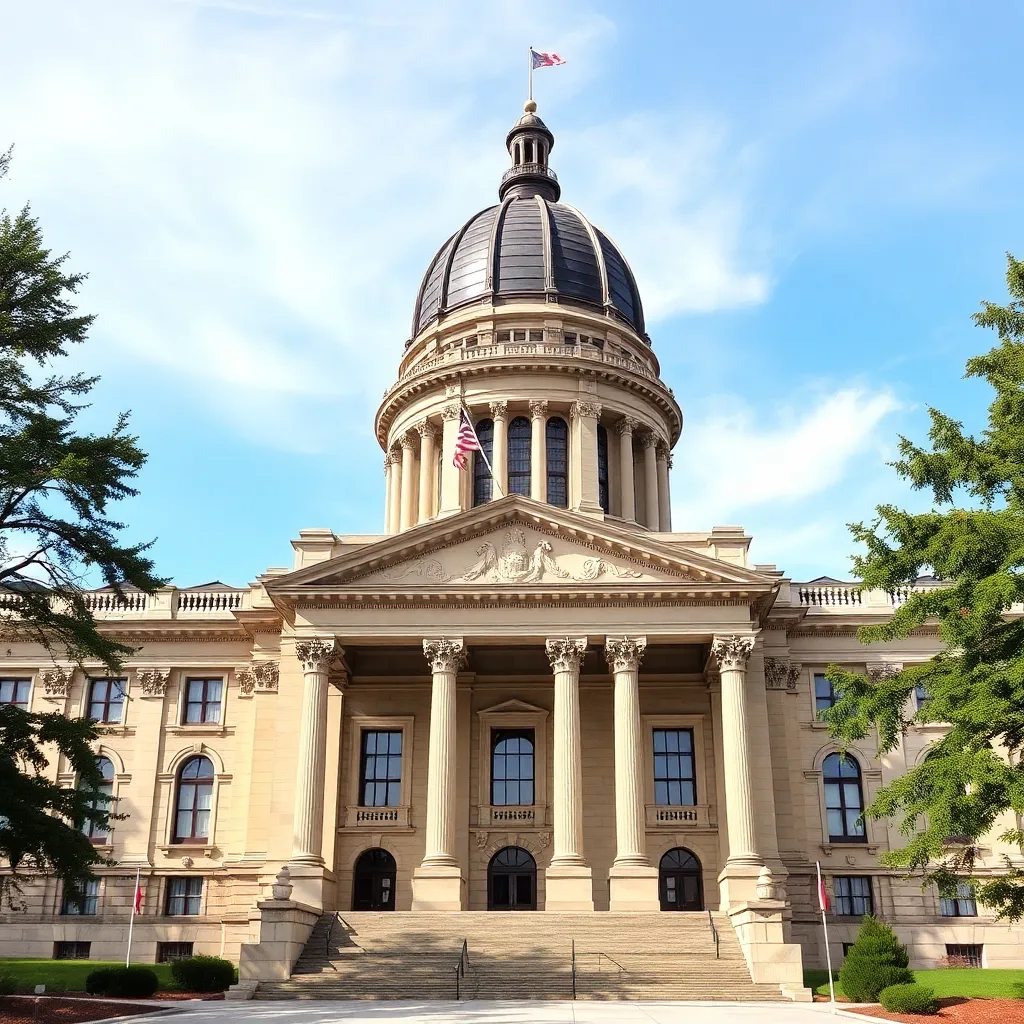
In a bold and contentious decision, the Idaho House of Representatives has passed a resolution, HJM 1, that explicitly calls upon the U.S. Supreme Court to reconsider and reverse its landmark 2015 ruling that legalized same-sex marriage nationwide. While HJM 1 does not hold the power to enforce change or carry the weight of law, its passage is a clear indicator of the Idaho House’s dissenting stance against the Supreme Court’s decision on same-sex marriage.
A Legislative Expression of Disapproval
HJM 1 is essentially a formal expression of disapproval from the Idaho House regarding the Supreme Court’s ruling in Obergefell v. Hodges, which declared that the fundamental right to marry is guaranteed to all individuals, including same-sex couples, under both the Due Process Clause and the Equal Protection Clause of the Fourteenth Amendment to the U.S. Constitution. By passing this resolution, Idaho lawmakers are making a public and legislative statement against the federal recognition of same-sex marriage, reflecting a conservative stance that resonates with a portion of their constituency.
Potential Impact and Reactions
Although HJM 1 lacks the legal authority to compel the Supreme Court to reconsider its decision, its passage could have several implications. It may serve as a catalyst for similar actions in other state legislatures, signaling a broader movement of resistance against federal recognition of same-sex marriage. Moreover, it could contribute to the ongoing national dialogue about the balance of power between state and federal governments, particularly concerning social issues.
The resolution is likely to be met with significant opposition from advocates for LGBTQ+ rights, who will view it as a step backward in the fight for equality. It may also draw criticism from legal scholars who argue that such legislative actions undermine the principle of judicial review and the supremacy of federal law.
The Idaho House’s call for the reversal of the same-sex marriage ruling, while symbolic, is a significant political gesture. It highlights the ongoing divisions within the country on issues of marriage equality and the role of government in defining or recognizing personal relationships. As the national conversation on these topics continues, actions like HJM 1 remind us of the complex interplay between law, politics, and societal values in shaping the landscape of civil rights in America.





